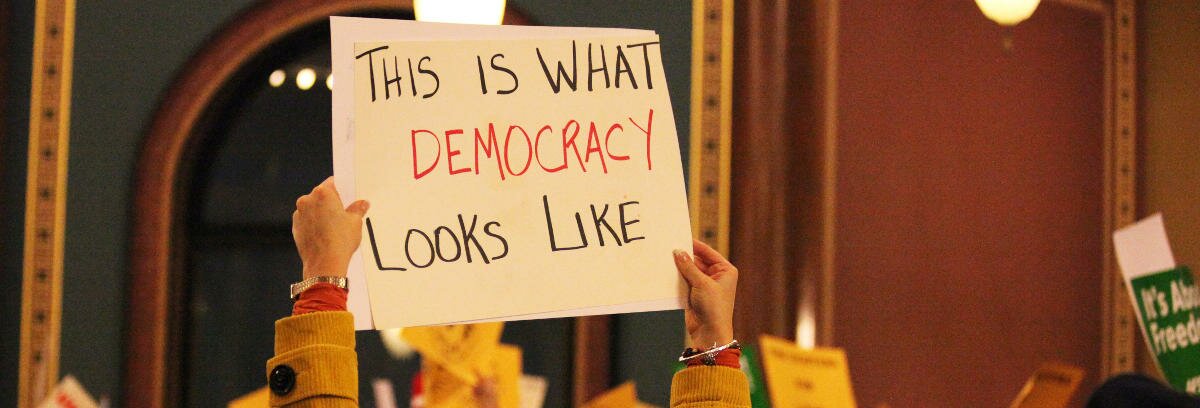Posts from 2014

by SF Team, 1 September 2014
During his three years as a Shuttleworth Fellow, Arthur Attwell worked on Paperight, a rights clearance house for literary and educational works to allow distributed, local, on-demand book printing. Access to reading materials is critical to learning in its broadest sense. Arthur’s passion is to ensure universal access, with access including at least legal and physical dimensions. Digital is showing promise, but has not yet resulted in the scale needed, and never will if legal...

by SF Team, 26 August 2014
We are excited about Sean’s work as he is literally putting the tools in the hands of the people who need them, localising the measure-report-decide cycle around environmental risk factors such as radiation and noise pollution. There are may questions around the quality, reliability and cost-effectiveness of open hardware in general, and specifically open sensing tools. Sean has shown that he can address these questions critically and engage relevant stakeholders and experts. We look forward...

by SF Team, 26 August 2014
Seamus applied to the Foundation to expand his work on the Madison Project which aims to open up government by increasing transparency and citizen participation in policy-making. We have seen a lot of open government applications in the past, and Seamus’ is the most practical one by far. He is starting off by focusing on a small scope in a very specific context and is uniquely positioned to implement these first steps thanks to his...

by SF Team, 26 August 2014
Through Rhizomatica, Peter is setting up affordable local mobile phone networks in under-served areas in Mexico. We have invested in telecommunication initiatives before, as communication is absolutely key to be part of society as we know it. As long as you are not connected to the global communication network, you are excluded from participating in human development beyond the limitations of time and distance. Access to telecommunication is a matter of cost, infrastructure, hardware and...

September 2014 fellowship intake
by SF Team, 26 August 2014
We had submissions from all over the world, exploring areas of science, education, culture, health, privacy and many many more. We spoke to people working on issues from personal safety to universal access to knowledge, from designing open hardware to alleviating poverty. All of the applications showed passion and personal commitment. We continue to be impressed. We were drawn to initiatives that are at the early stages of development and not yet widely funded, to...

by SF Team, 15 May 2014
This success has also made the term fashionable and sometimes leads to overenthusiastic uses of the open label or, more worryingly, open-washing. It can result in uncertainty and confusion for those who plan to open up knowledge resources for strategic purposes. The detail of how open is open, matters. Although governments and inter-governmental organisations are adopting the creation and use of open knowledge resources, there is a surprising lag by the majority of non-profit organisations,...

by SF Team, 21 April 2014
We do this because who we are and how we behave has impact on others. We want to present the best, most relevant parts of ourselves in a given context. We choose to ignore the warts and wobbly bits in favour of the identity we’ve claimed as our own in that space. It’s part of being human, being in control of our own lives and choosing what we reveal about ourselves, under what circumstances and...

Open as a Strategy for Philanthropy and Social Change
by SF Team, 3 March 2014
The more we expose the thinking, working and practices of our organisation, our ideas and our projects, the better. Exposing this information allows other organisations, project implementers, funders, policy makers, change agents, advocates and academics to learn from what we have done. We have found that being intentional about making knowledge resources, funded and/or produced by us, freely and openly available creates a number of strategic opportunities: You can buy one copy, give 1000′s free....

by SF Team, 20 February 2014
Prospective applicants often ask us to narrow down the parameters for applications and be more specific about what we’re looking for. We are not planning on doing that, as we want to be surprised and intrigued by applicants, no matter how unconventional the idea may be. However, we can provide some thoughts on what to keep in mind while developing your application for our fellowship. We hope these are useful, for applying for the Fellowship,...

From Traditional Funder to Today
by SF Team, 16 February 2014
Our main goal was to improve the quality of education in South Africa. We invested in projects that offered unique and innovative solutions to educational challenges in a developing society, focused on the areas of science, technology, entrepreneurship and maths in education, as well as propagating the use of open source software. The Foundation operated as a traditional funding agency – we accepted proposals and funded them. Grantees implemented their projects and came back with...

by SF Team, 15 January 2014
The open source software movement has not only created widely used software but million dollar businesses. Although the model is well established for software development, distribution and use, it is not the case for education, philanthropy, hardware or social development, to name but a few important endeavours. The default imposed on knowledge resources by copyright law is automatic lock down. This default makes little sense if your agenda is social change. We wanted to understand...